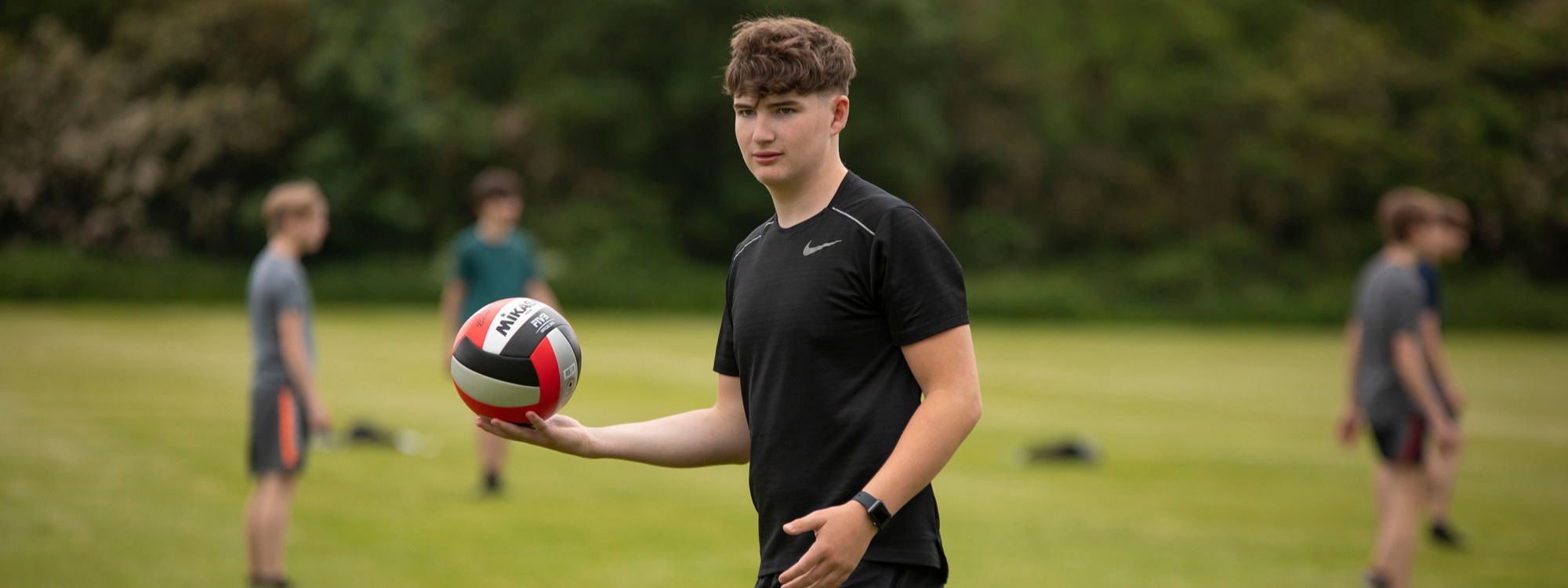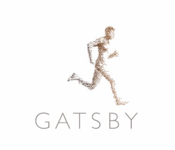- Home
- Curriculum
- Course Search
- Physical Education
Physical Education
The scientific study of exercise, health and sport.
Why study Physical Education?
How does the body produce energy for a muscular contraction in sport? Why do some sports performers underperform when there is a large crowd present whilst others thrive in such situations? How has technology advanced sports over time? These are just some of the ideas explored in physical education. Staff share a genuine love of sport and physical education, are extremely well-qualified experienced examiners who care about every student and help each individual achieve their potential.
You must be committed to one sport, training and/or competing either externally or at college.
What will I study?
The course covers an incredibly diverse range of topics. Within physiology you learn about how the body works through anatomy, physiology and biomechanics. How performance can be enhanced, analysed and monitored and the multiple health benefits of physical activity.
We study psychological factors impacting sport such as how we learn and acquire skills and factors affecting performance such as motivation and group dynamics.
You will also gain an understanding of the role that sport played in the past and the role it will play in the future, including sport as a multibillion-pound industry.
The practical combines a performance and analysis of performance for improvement in your sport.
Entry requirements
No specific entry requirements (other than the College entry points) for this course but there is coursework involved.
Students must already be regularly competing for a club in one sport on the syllabus
Which exam board & how will I be assessed?
OCR
Three written exams worth 70%
- 30% Physiology 2-hours
- 20% Psychology 1-hour
- 20% Sociology 1-hour
Practical worth 30%
- 15% Performance or coaching
- 15% Evaluation and analysis of performance for improvement
Practical activities you can be assessed in
Students must already be regularly competing for a club in one sport on the syllabus. To see the full list of sports you can be assessed in go to page 34 -35 of the document below:
OCR A Level PE Guide to Non-exam Assessment (Practical Specification)
Where could it take me?
Students study a wide range of courses including sport-based degrees such as sport science, nutrition, and sports psychology. Some studied unrelated degrees such as business, diagnostic radiotherapy and medicine using their excellent physical education grade as a stepping-stone to access a top-quality institution. Physical Education is also a preferred A-level to study a physiotherapy degree! The transferable skills developed on the course benefit you hugely in life, future careers and study. Alumni are employed by the English Institute of Sport working in data analysis and elite performance as well as Sports Physiotherapists.
Subject combinations
There is overlap with Psychology, Business Studies, Dance, Heath Studies, Applied Science, Biology, even Maths – but it’s important to choose subjects you enjoy.
What support is available?
We use in-housework booklets, electronic resources, a range of teaching techniques, targeted questions and differentiated activities. Supported seating is used and you have access to an online support package. Individual and group tutorials are available too and we actively work with the cross-college study support department.
What extracurricular activity is available?
There are trips to university sports departments, visiting speakers for example Paul Deacon, and workshops at Lancaster University to make your own energy drink.
A huge sporting enrichment programme is available with extensive sports facilities including: sports hall, activity room, Sport England standard fields, modern gym, and offsite artificial surface.
Did you know?
On average 50% of Winstanley College students achieved A*-A grade on their practical
Staff have over 40 years combined specialist A-level teaching experience














